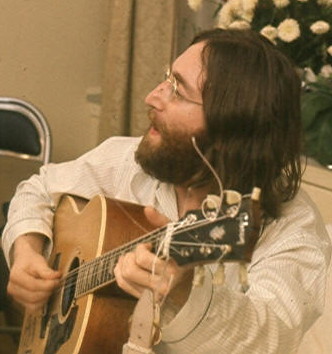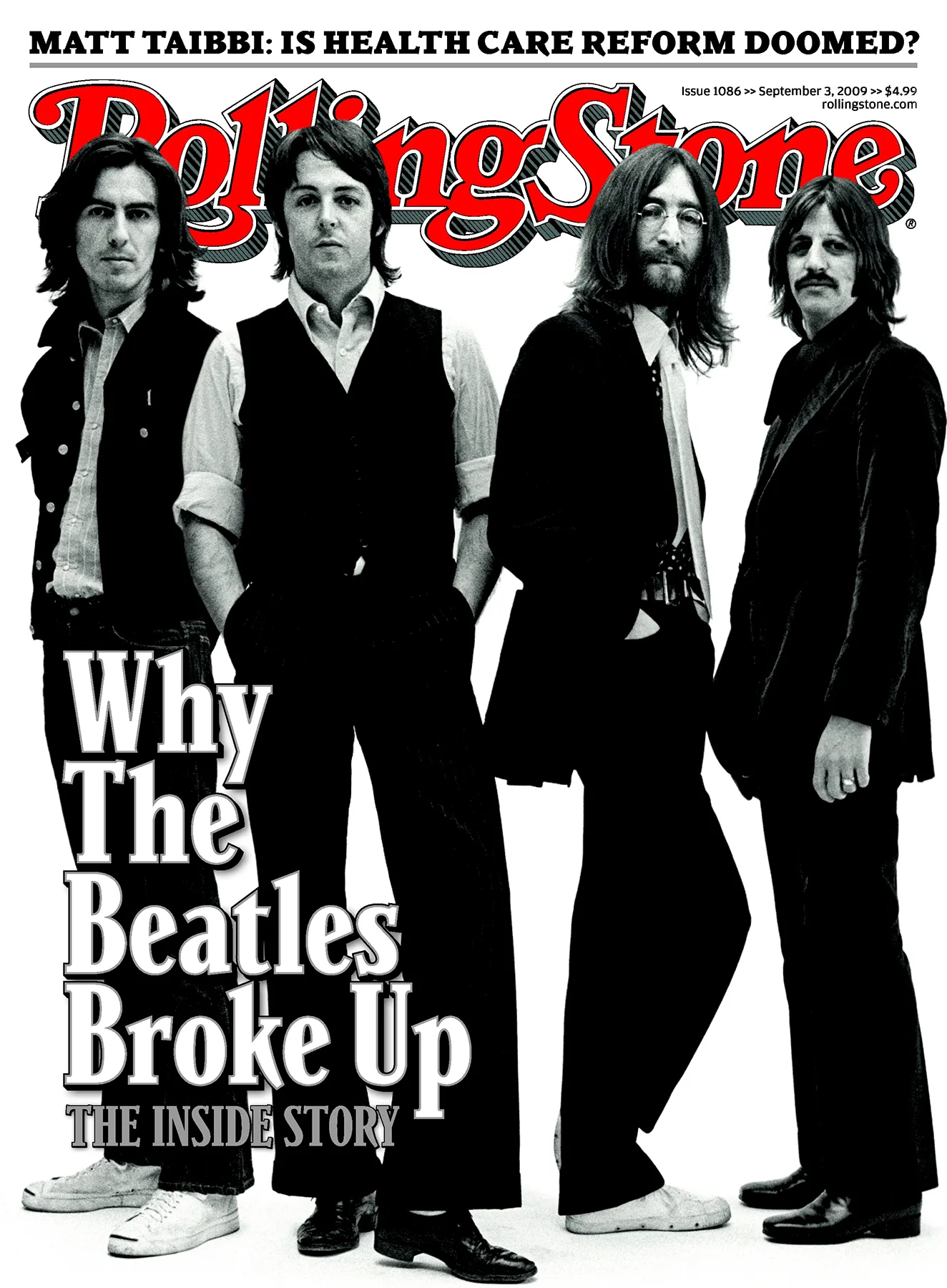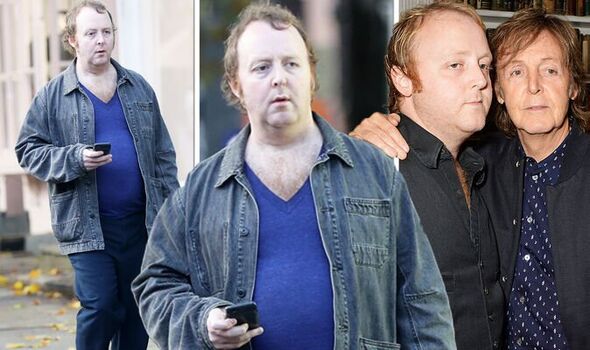John Lennon: The Man Behind the Music—A Legacy That Changed the World
John Lennon, co-founder of The Beatles, remains one of the most influential and beloved figures in music history. His creativity, rebellious spirit, and activism not only shaped the course of rock ‘n’ roll but also left an indelible mark on global culture. From his early days with The Beatles to his solo career and outspoken political stances, Lennon’s life and legacy continue to inspire generations long after his untimely death in 1980.
Born in Liverpool, England, on October 9, 1940, John Lennon grew up in a working-class neighborhood, raised primarily by his aunt. His passion for music was ignited in his teenage years when he formed his first band, The Quarrymen, which would eventually evolve into The Beatles. It was at a church fete in 1957 where Lennon met Paul McCartney, forming one of the most iconic musical partnerships in history.
Alongside McCartney, George Harrison, and Ringo Starr, The Beatles took the world by storm in the 1960s, revolutionizing popular music. Lennon’s raw, emotive vocals and daring songwriting were key to the band’s success. He was instrumental in creating some of their most iconic tracks, including “A Hard Day’s Night,” “Help!,” “Lucy in the Sky with Diamonds,” and the introspective “Strawberry Fields Forever.”
Lennon’s contributions went beyond just music. His unapologetically witty and rebellious persona, combined with his flair for creativity, made him a symbol of the counterculture movement. His humor and candidness during interviews endeared him to fans worldwide, while his music transcended entertainment to comment on social and political issues.
By the late 1960s, tensions within The Beatles began to surface. As the band neared its end, Lennon grew more focused on his solo work, which marked a new era of artistic freedom. In 1969, he and Yoko Ono famously staged the “Bed-In for Peace,” promoting peace and protesting the Vietnam War from their hotel bed in Amsterdam. This was just the beginning of Lennon’s outspoken activism, which became a defining feature of his life post-Beatles.
After the official breakup of The Beatles in 1970, Lennon’s solo career soared with the release of his first major album, Plastic Ono Band. This raw and deeply personal album showcased Lennon’s vulnerability and inner turmoil, addressing everything from loss and love to existential questioning.
But it was in 1971 when Lennon released what many consider his masterpiece, the single Imagine. The song, which became an anthem for peace, is still celebrated for its message of hope and unity. In many ways, “Imagine” encapsulated the very essence of John Lennon: a dreamer who envisioned a world without war, borders, or divisions.
Beyond music, Lennon was a passionate advocate for peace and human rights, using his fame to address global issues. His 1972 song “Happy Xmas (War Is Over)” became a holiday anthem and a plea for world peace. He also became involved in numerous political causes, which sometimes made him a controversial figure, particularly in the United States, where the Nixon administration attempted to deport him due to his anti-war activism.
Despite the challenges, Lennon’s impact as an activist was undeniable. Alongside Yoko Ono, he continuously campaigned for peace and nonviolence, further solidifying his role as an artist who used his platform for positive change. His relationship with Ono, which was both romantic and artistic, also played a significant role in shaping his post-Beatles identity, influencing his art, music, and worldview.
On December 8, 1980, Lennon’s life was tragically cut short when he was shot and killed outside his apartment in New York City. His death sent shockwaves around the world, marking the end of an era for millions of fans. However, his influence never waned. Lennon’s music, ideals, and artistic legacy continue to inspire generations of musicians and activists.
Even today, more than four decades after his death, Lennon remains a towering figure in popular culture. His message of peace, his boundary-pushing music, and his unfiltered commentary on life and society have made him an enduring symbol of artistic freedom and rebellion. From his time with The Beatles to his solo career, Lennon’s work remains a cornerstone of modern music, proving that his legacy is as timeless as his lyrics.
In an era where music was often used as a platform for change, John Lennon stood at the forefront. His life’s work went beyond creating memorable tunes—he envisioned a better world, and through his songs, he invited others to imagine it with him



